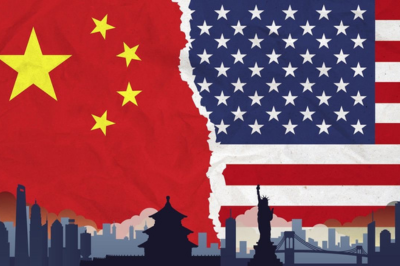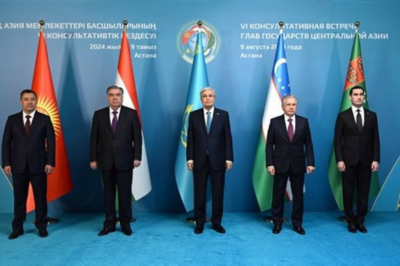The New York Times recently published an insightful article examining the dynamic shifts within the global economy amidst escalating U.S.-China tensions. A significant focus of the article is the growing trend of decoupling between the two economic powerhouses, a move away from the deep interdependence that has characterized their relationship for decades. This decoupling is reshaping global trade and investment patterns in profound ways, signaling a departure from established economic interactions.
As the U.S. and China step back from their previously intertwined economic relationship, global supply chains are undergoing a significant transformation. Companies worldwide are reassessing their manufacturing and sourcing strategies to mitigate risks linked to the U.S.-China divide. This reconfiguration of supply chains is prompting businesses to diversify their operations and explore new markets, aiming to reduce dependency on any single country or region.
The ongoing tensions have introduced a high degree of uncertainty in global trade. Both countries have implemented tariffs, sanctions, and export controls, which disrupt traditional trade flows and pose fresh challenges for international businesses. These developments are forcing companies and countries alike to navigate a rapidly changing economic landscape.
Amidst these shifts, countries across the globe are reevaluating their economic alliances. Many nations find themselves in a delicate position, trying to maintain balanced economic relations with both the U.S. and China while steering clear of the repercussions from their confrontations. This balancing act is critical as states seek to protect their own economic interests without getting caught in the crossfire of geopolitical strife.
The long-term implications of U.S.-China decoupling are profound, suggesting a future where the global economy might become more fragmented. This potential fragmentation could lead to the formation of new economic blocs and alliances, reshaping international economic relations in significant ways. The evolving scenario poses a critical moment for global stability, as the world grapples with the ramifications of these two giants charting increasingly divergent paths. This shift towards a more compartmentalized world economy could redefine economic globalization as we know it, bringing about far-reaching consequences for global economic governance and development strategies.





